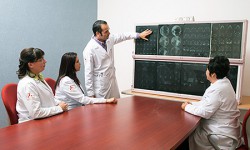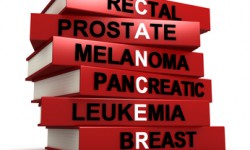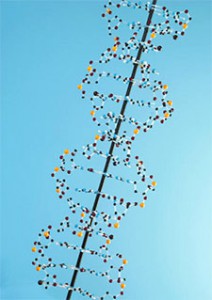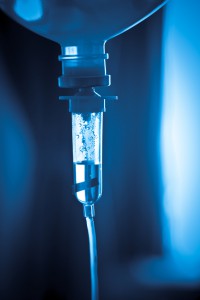
Some patients at our Issels® immuno-oncology centers arrive as a result of cancer screening, which can find the disease early before it has spread. While testing has benefited many people, researchers are now questioning whether a widespread use of these procedures is beneficial.
Challenging the definition of “life-saving”
Oncologist Vinay Prasad, journalist Jeanne Lenzer and physician David Newman collaborated on a recent analysis published in The BMJ, one of the world’s oldest and most respected medical journals. They contend that the life-saving statistics for cancer screening are misleading because they are based on the concept of “disease-specific mortality.”
The authors argue that disease-specific mortality, which estimates the chances of a person dying from a particular disease within a particular window, is too narrowly defined. A more accurate measure of the value of screening is the number of extra years a patient gains from it, and at this point the data is unclear.
In addition, cancer screening sometimes leads to over-diagnosis. In these cases, treatment is given for tumors that are benign or non-life-threatening, which can result in more serious negative effects than the tumors themselves cause.
Changing standards for cancer screenings
Due to concerns over these issues, the American Cancer Society has revised recommendations for some of the more common screenings. For instance, the age for women to begin receiving mammograms has been raised to 45, and they suggest that men bypass prostate cancer screenings completely unless they are experiencing symptoms.
Should you find out that you have cancer, even Stage Three, the integrative therapies at our Issels® immuno-oncology centers may be right for you. They are personalized to meet your individual needs and minimize negative side effects of cancer treatment. Contact us for more information.





